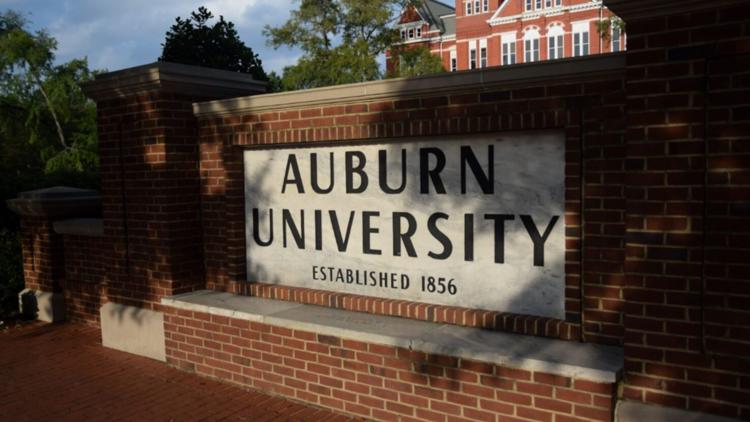MONTGOMERY, Ala. — The Alabama Commission on Higher Education Friday approved budget requests for their office and the state’s public and colleges and universities.
The request out of the state’s Education Trust Fund (ETF) for the consolidated budget recommendation, which includes public higher education institutions and state-level programs, is $2.56 billion, a $144.7 million increase (6%) over this year’s budget.
“Everybody’s costs are going up exponentially more than that, so we really struggle with trying to get this thing to where it is,” said Commissioner Stan Nelson, who chaired the finance committee and is vice-chair. “So there is a method to the madness, but at the end, it’s probably more of an art than a science.”
The system is requesting $42.34 million increase for personnel, salaries and benefits, a 2% increase. ACHE will also seek $43.13 million increases for mandatory funds, which support retirement obligations; the Public Education Employees Health Insurance Program (PEEHIP) and other rising insurance costs.
The budget has $26.47 million increases for inflationary cost adjustment and $21.17 million increases for weighted credit hours, which recognize increases in enrollment, credit hour productivity and the need to fund STEM and high-cost programs.
ACHE will request $77.9 million for its executive budget office, a decrease of almost $25.9 million from the previous year. ACHE had received money that was reverted and re-appropriated, which was included in their numbers for the previous year.
“So it looks as if we got this decrease, but we’re just asking for level funding, because we were good stewards, we saved some money, and so that’s why we are asking for that amount,” said Veronica Harris, director of fiscal services and accounting.
The value of reversions and carry overs is around $32.8 million.
In that budget, ACHE is also seeking $200,000 for the Hunger Free campus initiative and $100,000 for the Alabama Literacy and Numeracy Act Initiative, which will support the colleges of education. The commission will also request $650,000 for Historically Black Colleges and Universities and $250,000 for the Alabama Special Education Rural Teacher Scholarship, among other items.
The Facilities Master Plan and Capital Projects Requests were also presented at the Friday meeting. Julian Rogers, assistant director of institutional finance & facilities, said the colleges and universities’ immediate capital needs will exceed $2.95 billion, 20% of which will need to be supported by the Education Trust Fund. Rogers said that the biggest percentage is for new construction, which they are planning to support with funds other than state funds.
Rogers estimated that facilities requests between late 2026 and 2030 will go over $4 billion, with almost 50% of funding anticipated to be from the ETF. Over half will be in the renovation/ major repair and deferred maintenance/ facilities of existing buildings.
Total five-year capital projects requests are estimated to be $9.6 billion, with $4.1 billion for deferred maintenance and remodeling. 55% of the total is estimated to be needed from the ETF or other state funds.
The Education Trust Fund also includes the budget for K-12 schools. The Alabama Legislature returns in February; legislators will have the final say over how much each state agency gets in the 2026 budget, which goes into effect on Oct. 1.
This article originally appeared in the Alabama Reflector, an independent, nonprofit news outlet. It appears on FOX54.com under Creative Commons license CC BY-NC-ND 4.0.



